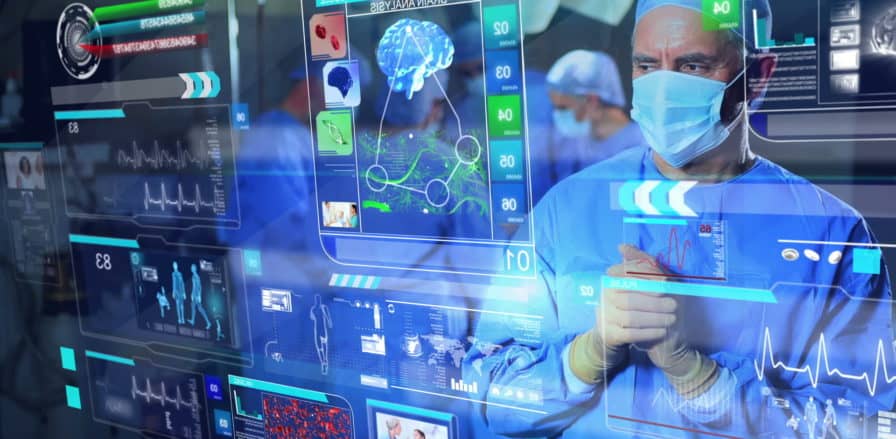By Khalid Al-Maskari, CEO of Health Information Management Systems (HiMS)
The COVID-19 pandemic has forever changed the health care space, with 2020 highlighting the need for transparency, flexibility and a renewed desire for modern technology. Most notably, last year shifted the health care industry from predominately in-person care to an increased reliance on digital solutions such as telehealth.
With telehealth exploding to the forefront of care, other technologies have been advancing to support it. Electronic Health Records (EHRs) that prioritize interoperability and optimize Artificial Intelligence (AI) to support Revenue Cycle Management (RCM) have become the solutions of choice.
As the nation continues to navigate the pandemic in the coming year and live in a world that’s been forever changed by it, these trends will dominate the Med-Tech landscape:
Clinics will have more telehealth choices
Clinics were forced to adopt telehealth solutions nearly overnight, causing them to choose virtual meeting platforms that weren’t necessarily designed for health care. These were acceptable temporary solutions at the onset of the pandemic, but newer players in telehealth are emerging to provide better, faster, virtual care. Telehealth is changing to become more user-friendly and intuitive for both patients and providers alike. As patient demand for virtual care increases, the technology will improve to address shifts in the market.
Quality EHRs will become even more necessary
Anyone in the health care industry knows that legacy EHRs have a reputation for being slow, burdensome and difficult. A virtual world means more reliance on technology, forcing EHRs to step up to meet clinical needs and become interoperable and more feature-rich to pull their weight in the health care industry.
Clinicians have an easier time using newer EHRs that are more user-friendly and intelligent, but legacy EHR companies that dominate the market will need to prioritize operational efficiency sooner rather than later. The digital revolution in health care is serving as the necessary push for EHRs to improve, with COVID-19 serving as the catalyst for determining whether a legacy EHR will sink or swim in the near future.
AI will no longer be a luxury
The health care industry has been notoriously slow to adopt new technologies, and AI has been no exception. Despite initial reluctance, the immediate need for telehealth and the influx of data that comes with it has required clinics to adopt intelligent solutions. As physicians are expected to see more patients virtually than ever before, AI is the only realistic way to keep track of patient information.
Just as clinics need AI to manage patient health data, they also need AI to manage the revenue cycle. With telehealth having established itself as a staple element of care, there’s now more opportunity for RCM to advance. Telehealth is pushing RCM to replace human administrators with automation in order to bill accurately—something that’s crucial to the financial viability of clinics. Although adoption of AI for RCM is slowly becoming more common, it’s still unlikely that most clinics will implement this technology immediately.
Mobile health will take off
The use of mobile and voice-to-text technology is becoming more common within clinics. With COVID-19 forcing employees to work remotely, connecting staff members and patients effectively is requiring a new approach. Although texting is a fairly new change in the health-IT industry, mobile and voice options are starting to bridge internal and external gaps in communication. Similarly, this technology is also helping providers connect more seamlessly to their EHRs. With interoperable mobile solutions, data inputted into a smartphone can be securely transferred to the clinic’s existing EHR software.
The systems that were implemented and popularized in 2020 will become smarter and more advanced in the years to come. As the COVID-19 pandemic reshaped health care to become more digitally-reliant than ever, clinics will need to consider how their existing technology is impacting their practice—for better or for worse.
Khalid Al-Maskari is the CEO and Founder of Health Information Management Systems (HiMS) and has more than 20 years of experience in health care.
The Editorial Team at Healthcare Business Today is made up of skilled healthcare writers and experts, led by our managing editor, Daniel Casciato, who has over 25 years of experience in healthcare writing. Since 1998, we have produced compelling and informative content for numerous publications, establishing ourselves as a trusted resource for health and wellness information. We offer readers access to fresh health, medicine, science, and technology developments and the latest in patient news, emphasizing how these developments affect our lives.








